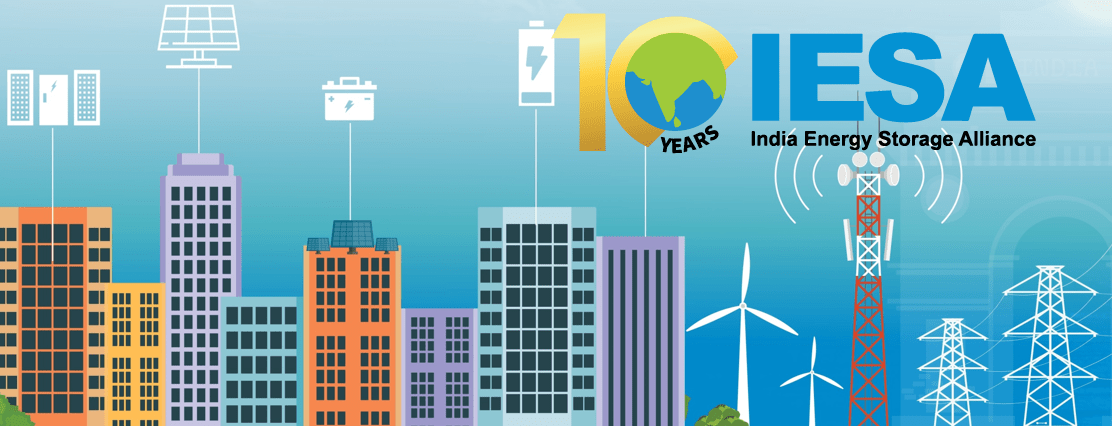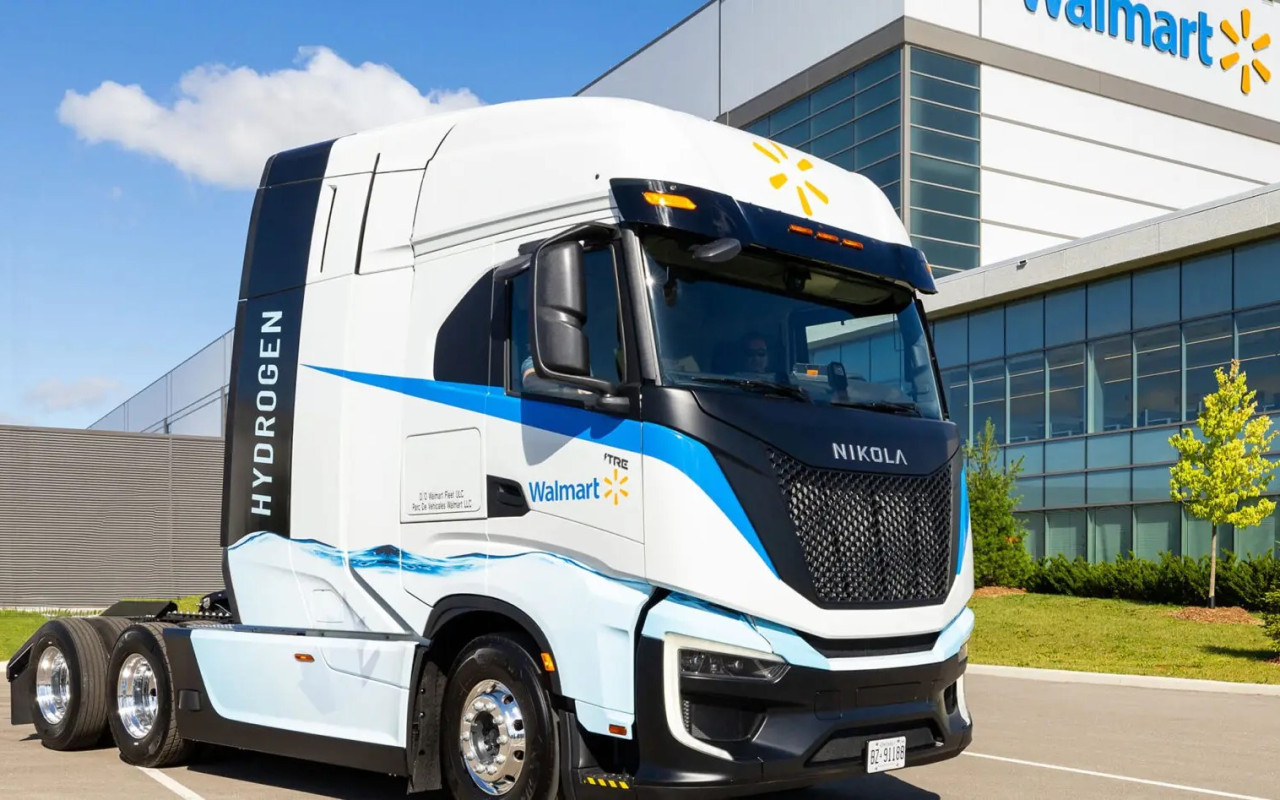Budget 2023-24: IESA suggests tax cuts, credit guarantee, PLI for stationary storage
India's clean tech industry alliance India Energy Storage Alliance (IESA) has made a detailed representation to the Union Minister of Finance Nirmala Sitharaman early this month, with key recommendations from the industries for the ministry's consideration for the upcoming union budget for FY 2023-24.
With over 180+ energy storage and e-mobility, green hydrogen ecosystem players as esteemed partners closely working on various energy storage technologies and a few global energy storage project developers, IESA has identified a plethora of critical challenges and areas that needs government's attention to help improve the market scenario and create an enabling environment for the clean technologies in the country.
Debi Prasad Dash, Executive Director, IESA said, "The industry has a high expectation for the clean tech sector in this budget including GST & reduction and parity for Battery swapping and alternate Battery technologies; Financial Incentive for Battery supply chain industry with additional ACC-PLI scheme for stationary storage applications; Support to Green hydrogen industry through manufacturing incentive and creating GH deployment valleys in India"
He further suggested that the government should allocate special funds for R&D and innovation of advanced technologies, along with skill development and capacity building in these emerging technology sectors like energy storage, electric mobility and green hydrogen.
Specifically, the alliance has called for tax Holidays to boost the investment in the energy storage industry, along with the reduction of GST rates and exemptions on Customs & Excise Duty to bring down the overall system costs in the short-run. Further, tax incentives to support the industry for providing a reduced costs in a long run have been suggested, also to complement the emerging domestic manufacturing scenario.
RELATED: IESA initiates India Electric Mobility Council (IEMC) to support EV ecosystem
To further e-mobility in the country, GST for batteries in EVs ranging between 18 to 28 percent is identified as a key barrier to bring down the cost of EVs. IESA has suggested to bring down GST under 5 percent bracket in order to ensure affordability and smooth transition towards EVs from ICEs. Moreover, the alliance as asked for an extension of the Fame II incentivization for charging infrastructure and battery swapping as well.
Moving on, IESA has urged the government to finalize second PLI scheme of ACC Battery Manufacturing of capacity 50GWh for stationary storage applications including grid-scale projects, behind the meter and consumer end C&I applications. On cell manufacturing supply chain components and raw materials, the alliance has sought significant reduction of duties and credit guarantee schemes for intermediate material manufacturers to promote exports.
To support MSME and start-up ecosystem in the energy storage and e-mobility space, effective measures to make funding access easy and affordable is called for, including loan guarantee for high-risk technology programs and revenue shortfall scheme for the manufacturing sector.
To kick-start the green hydrogen sector in the country, IESA has suggested to include a PLI scheme for manufacturing of electrolyzers and related components in the SIGHT programme, along with reduction in GST on electrolyzers from 18 to 5 perccent and on hydrogen that qualifies as green hydrogen from 12 to 5 percent.
RELATED: Budget 2022: Energy storage, EV, and related industries pinning high hopes


















